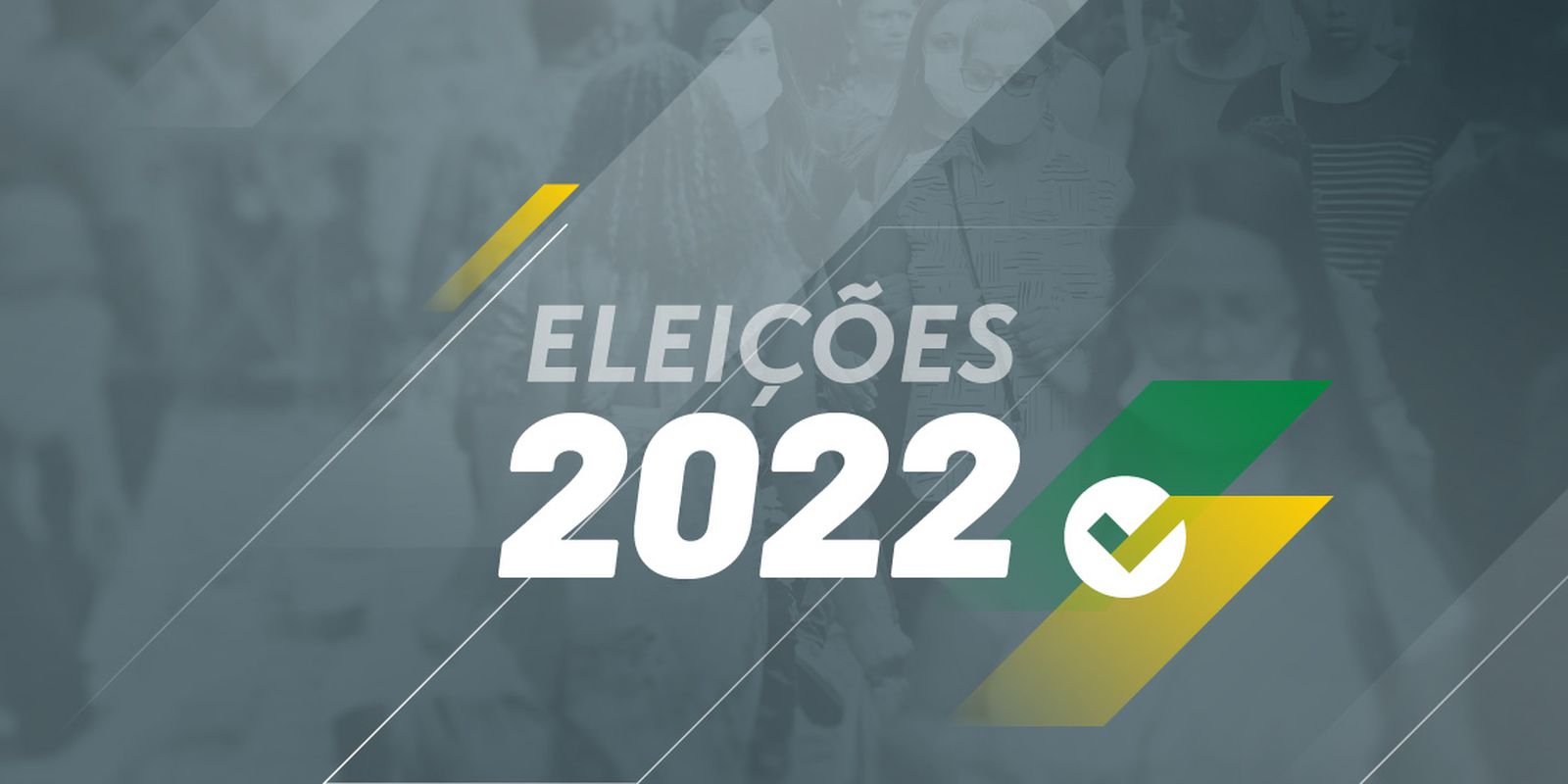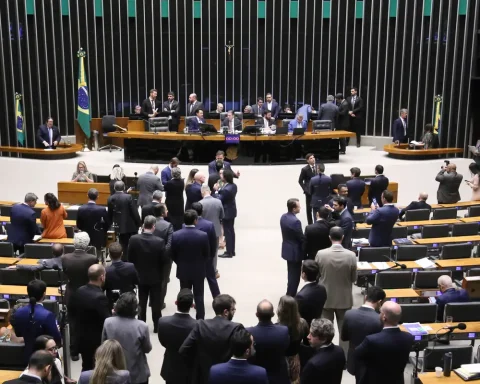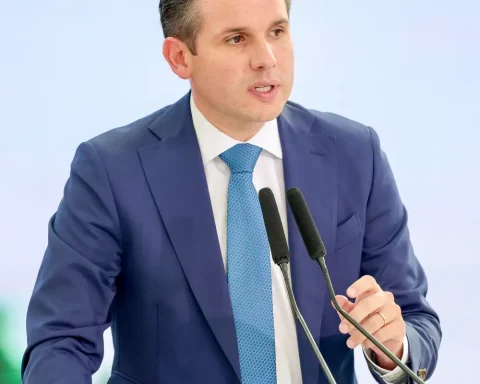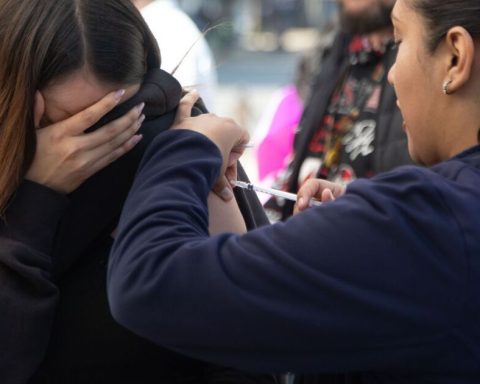The PT candidate for the Presidency of the Republic, Luiz Inácio Lula da Silva, said today (26) that he intends to carry out a tax reform in the country, making the system more progressive.
According to the candidate, it is necessary to convince Brazilian society of the need for a progressive tax policy. “In other words, a tax policy that covers more of those who earn more and covers less of those who earn less. That’s why we’re exempting [do Imposto de Renda] who earns up to R$ 5 thousand [por mês]”, he said in an interview with Rádio Mix in Manaus.
For Lula, the change, with proportionally higher taxation of those with higher incomes, is a matter of social justice. “We need to make people understand that paying Income Tax correctly is doing justice in this country. Those who earn more have the responsibility to pay more, and those who earn less have the right to pay less.”
Taxation of profits and dividends is one of the topics that, according to the candidate, will be addressed in the proposal he intends to send to Congress, if elected. “We are going to make a proposal that people who earn profits and dividends pay a little more, so that the right distribution can be made in this country,” he added.
However, Lula considered, based on the experience of his previous administrations, that the composition of the Chamber of Deputies and the Senate may be an obstacle to changes in the tax and tribute collection system. “The majority that are in the National Congress are people who, in a certain way, have possessions. It’s not the poor who are in the National Congress”, said the candidate, commenting that most parliamentarians are middle class or wealthy. “These people don’t want to tax their own resources,” he pointed out.
For the candidate, this difficulty can be overcome if society becomes aware of the importance of tax reform. “If society is convinced, it is easy to convince the National Congress. If society is not convinced, it is more difficult to convince the National Congress.”
According to Lula, changes in the form of collection are necessary, including to maintain the benefits that guarantee a minimum income for the poorest part of the population. “The whole world is discussing how the state [pode] function to support poor people who can no longer find a job. We are going to take care of this with great affection also right at the beginning of our term,” he said.
















